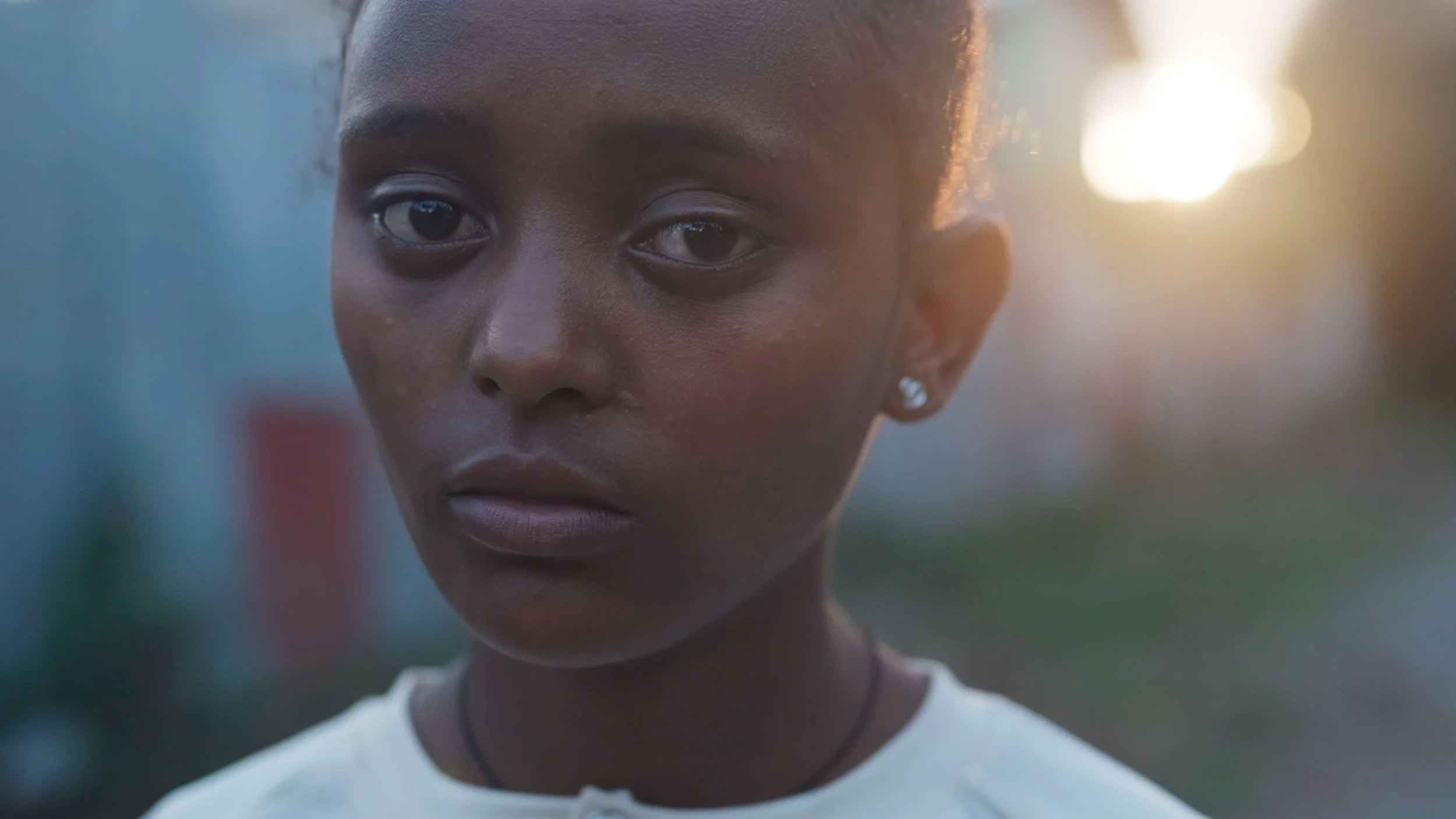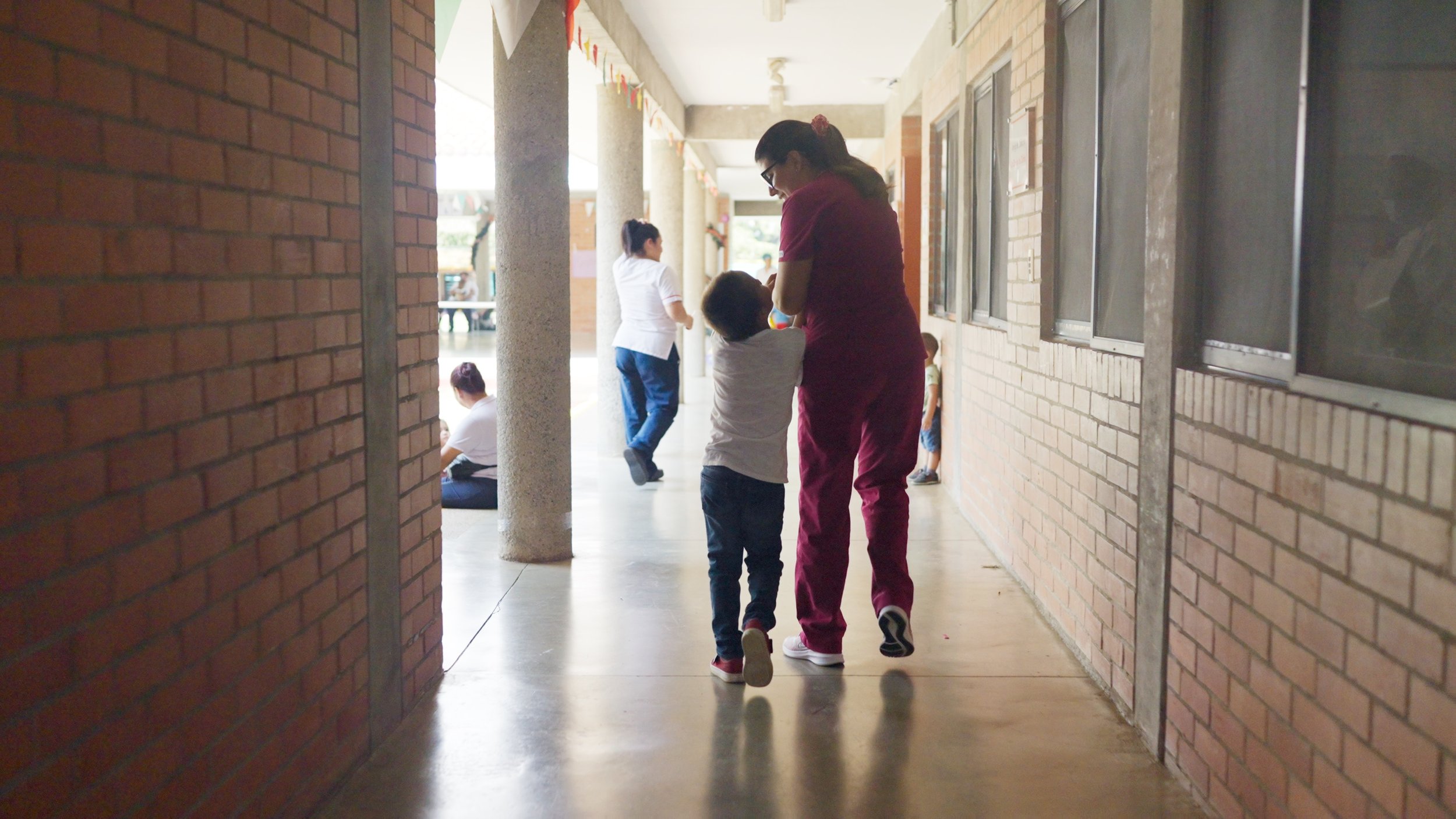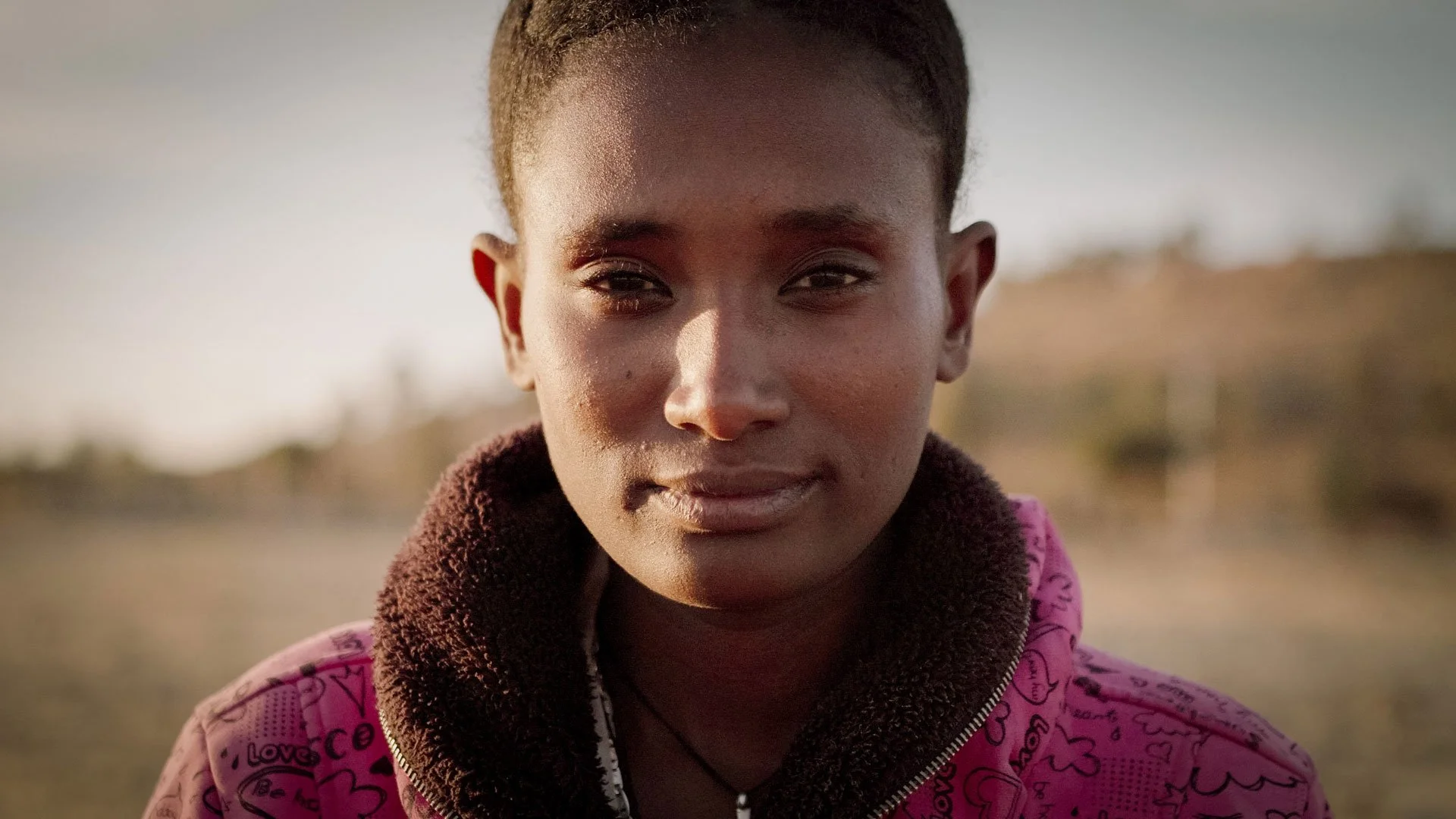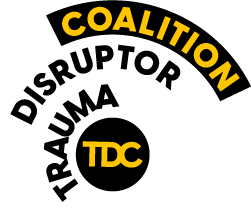
HELP A MOM RESCUE
HER CHILD.
In honor of Mother’s Day,
Thousands of families are traumatically separated—not because of neglect or abuse but because of poverty, exploitation, and trafficking.
Stand up for this child now.
Let’s disrupt the trauma that tears children away from families, so no child of God will ever be alone again.
Your disruptive generosity unlocks new futures for children worldwide.
Yes! I want to empty institutions for good and help a child who needs family now.

We’re emptying institutions for good.
For the good of every institutionalized child. For the good of every vulnerable family. For the good of every child welfare system. For the good of God’s Kingdom.
We remain determined to dismantle the complex web of trauma that ensnares families around the world and keeps children in the throes of the welfare system. We have intervened for children in 25+ countries and are actively standing up for children across Latin America, the Caribbean, Africa, Europe, and the Pacific Islands.
Because no child should be alone.
Explore our work in…

See what trauma
disruption looks
like on the ground.
Aida spent years experiencing and witnessing abuse, neglect, and alcoholism at the hands of her mother, Bethlehem.
All Aida could think about was running away. So she did.
Trauma ripples through entire families and generations. And we remain relentless in our pursuit to disrupt that trauma for families like Aida and Bethlehem.
Stories of unlocked
possibilities.
Discover stories of Trauma Disruptors who are manifesting the love of Jesus through family reunification, healing, and empowered futures.

Does trauma seem daunting and
unsolvable? It isn’t.
Through reliance on God, application of the best practices in neuroscience and clinical intervention, and dedication to personal one-on-one care, healed people are healing people.
30+ years and counting—and more resolute than ever—we’re providing solutions both cutting-edge and timeless for each child. Cutting-edge in terms of clinical interventions based on the latest in Attachment Theory and other recent therapeutic approaches. Timeless in the sense of being present and modeling the love and attention of Christ to those around us. It’s this combination that enables us to disrupt the underlying traumas and systems that tear families apart.
Uncover how trauma is disrupted and how we can empty institutions for good.
See the impact of
New Futures
Each child we see healed, each intervention we see work, and each family we see restored accelerates our relentless commitment to learning, improving, and developing new ways to unlock futures for the children we’re called to stand up for now.
612,610
Children Stood Up For
5,100
Children Reunited with or Adopted into Family
2,880
Children Kept in the Care of Loving Families
Discover how
you can stand up
for children now
Join the TDC.
Sign Up. Get Empowered. Stay Inspired. Pray Hard. Unlock Possibilities.




















